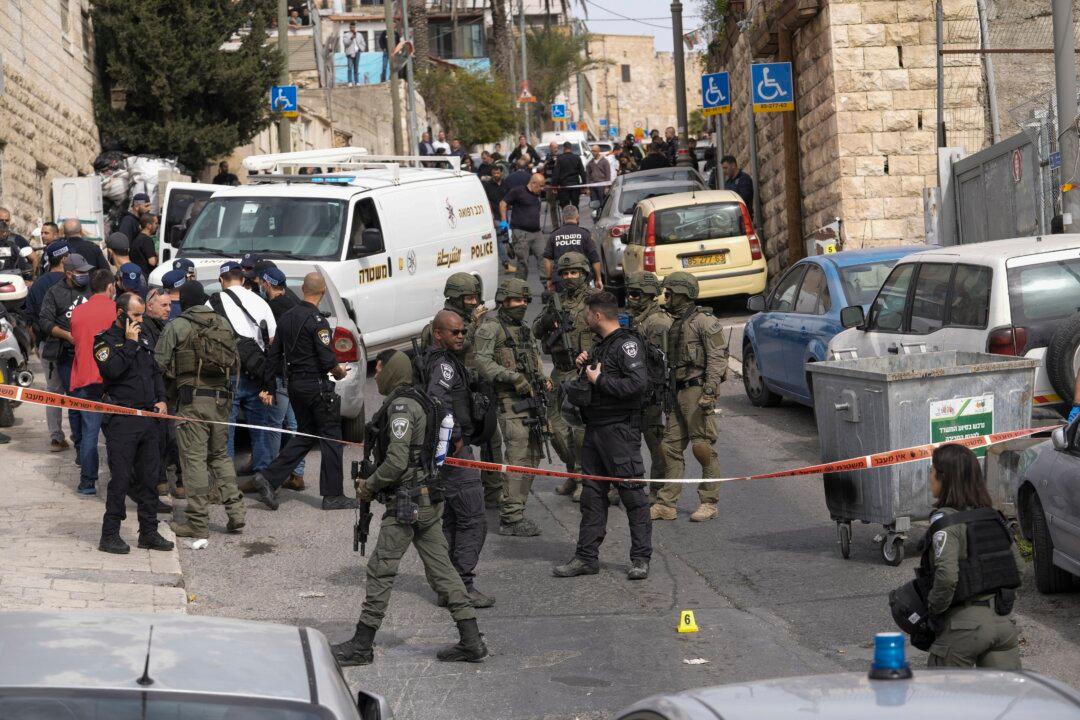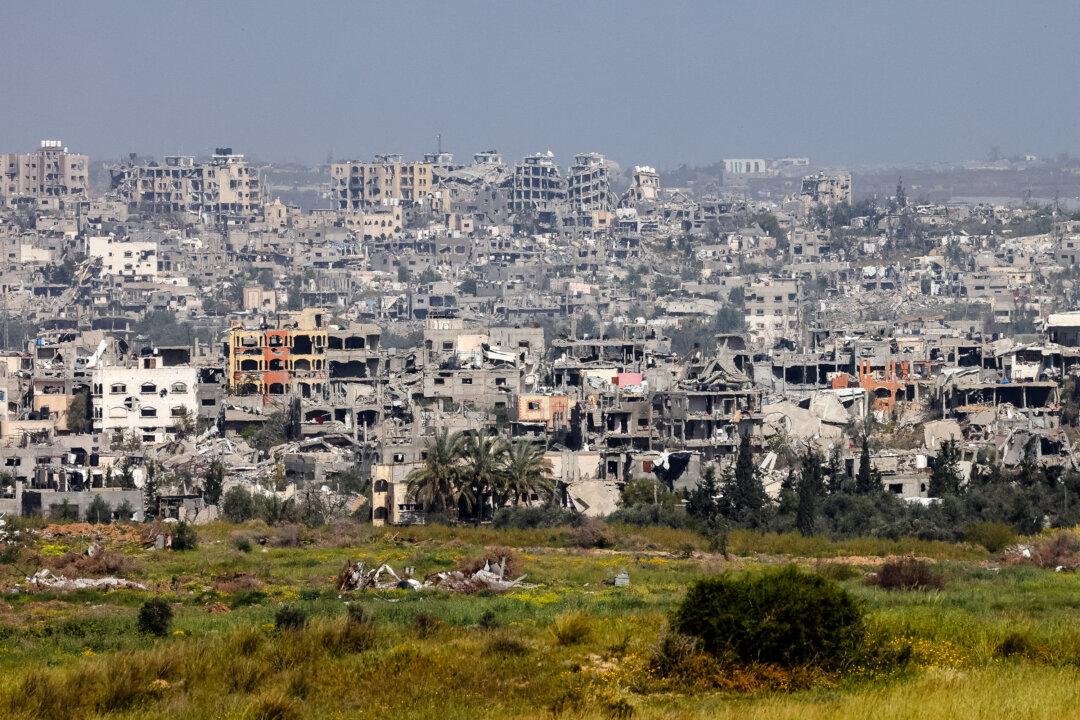Commentary
While most governments of democracies, and all governments of tyrannies, strive to strip their law-abiding citizens of the right to bear arms, Israel now does the opposite. Get guns, keep them loaded, and be ready to shoot when out in public, it tells its citizens. Because police can’t be everywhere at all times, there’s no alternative to a vigilant citizenry capable of taking down terrorists.






